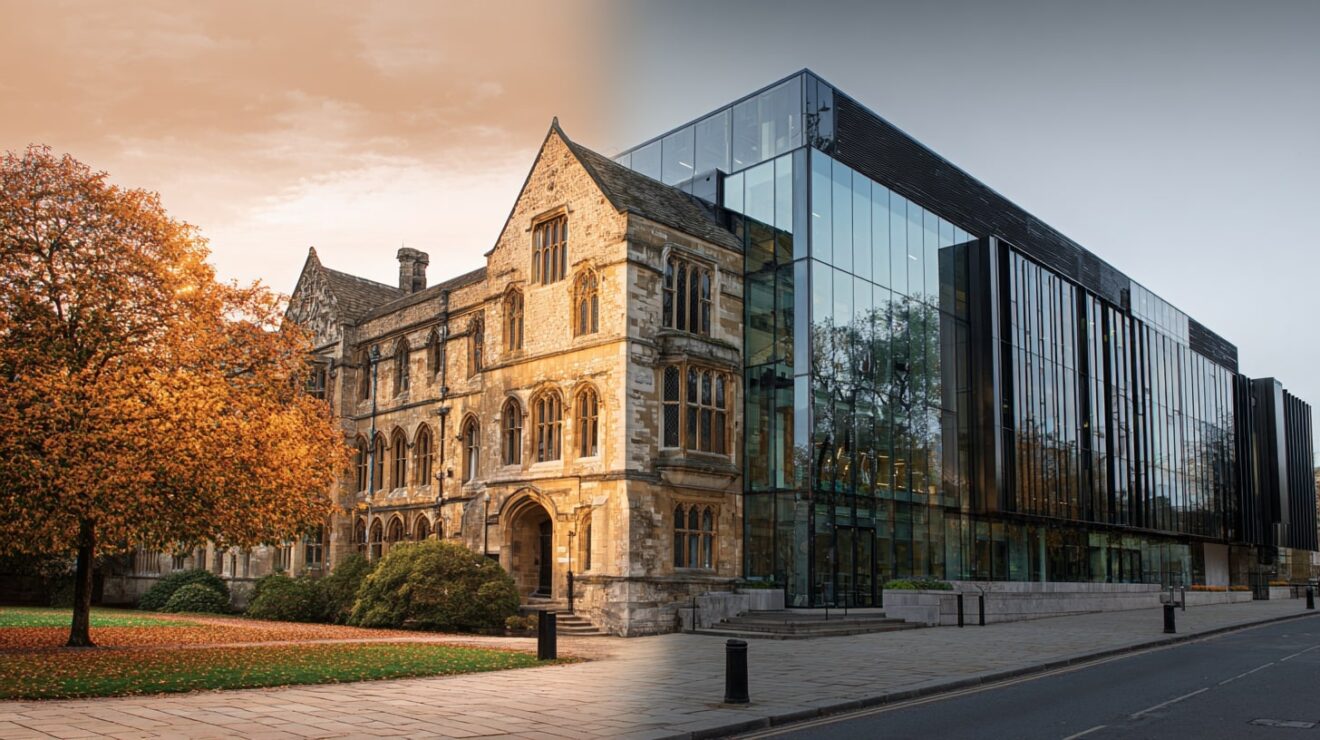Many universities are exploring their approach to civic engagement in their strategies and through their commitment to place and regional activity, as well as in the partnerships their institution is developing.
However, as James Coe shared on Wonkhe, the civic agenda is threatened by the financial challenges of the sector, short-term thinking and trade-offs between the students of today versus the students of tomorrow. We recently delivered a session on this topic for SU Digital 2025, discussing the civic agenda and what it means for student social action and students’ unions.
We know from our experience that high quality student opportunities do many things for students. This includes shaping their university experience, supporting their skills and personal development and enabling students to have fun in a meaningful way whilst being at university. Students’ unions should be interested in the civic agenda because it involves work that most SUs are delivering really well, and offers the opportunity to showcase the brilliant activities which students are already doing within their communities and regions.
So in a context where universities are having to make difficult decisions about the role of civic for their long-term plans, where do students’ unions sit within this work, both now and in the future?
Where civic has come from
The question of the civic agenda and what it means for universities has been circulating in the higher education sector for quite a few years.
In 2019 the UPP Foundation launched the Civic University Commission, aiming to explore the civic role of universities and creating recommendations for the sector. As a result of the Commission, many universities created civic university agreements, outlining their intentions and aims for this work in partnership with other institutions, regional authorities and key local stakeholders.
From 2020 the sector saw the establishment of the Civic University Network, which has produced resources, evidence and case studies of key civic activities by universities, as well as a conference called CiviCon which brought together the sector to share, explore and discuss civic engagement at their institutions.
The National Civic Impact Accelerator (NCIA) programme has also funded various civic initiatives and pilot activities by universities to bolster and recognise the work of the sector in these areas.
Civic was highlighted as one of five key priority areas by Education Secretary Bridget Phillipson in a letter she wrote to the higher education sector in November 2024. The Labour Government called on universities to “play a greater civic role in their communities” alongside their work in raising teaching standards, driving economic growth, making efficiency reforms and expanding access and outcomes for disadvantaged students. Funding has also been awarded by UKRI for various community-focused research projects with universities, including £9 million for community research networks delivered in partnership with The Young Foundation.
With this unfolding in the past few years, there is no denying that civic and community engagement will continue to grow in the sector as time goes on. But there are unique areas which students’ unions can contribute to this movement which are worth exploration.
The role of SUs in civic
Students’ unions are already doing so much that could be described as “civic.” Volunteering programmes, social action activities and collaborations with charities and local organisations as part of Student Volunteering Week all support the community to work with students to tackle local issues.
Students’ unions can be central within their university’s civic strategies, including how they inclusively involve students, with mapping and measuring current partnerships with local organisations and in capturing key case studies of student-led impact.
The approach taken by the University of Nottingham Students’ Union (UoNSU) is a great example of this in action. The SU and university noticed a recent downward trend of students engaging with the community, particularly with volunteering and social action projects. This, coupled with the tragic deaths of Barnaby Webber and Grace O’Malley-Kumar, first-year students at the University of Nottingham, inspired a new project.
Organised Fun worked with UoNSU over 2023 and 2024 to bring together colleagues across the SU and university to form a civic volunteering steering group, creating a new central volunteering portal for University of Nottingham students to find volunteering opportunities and bring together stories from student civic social action projects.
The project focused on infrastructure for good quality volunteering (joined up volunteering policies, better communications) and a handful of meaningful one-off “Make a Difference” days partnering with local charities and causes, hosted by different teams across the university and the students’ union. The project has created a solid network of teams and individuals across the institution who now work on the civic volunteering agenda collectively, and means they have worked with over 30 small, very local organisations or charities and contributed to their mission and change making work.
Avoiding civic pitfalls
For any students’ unions looking to delve deeper into their university’s civic activities and build collaborative partnerships in developing this work, there are plenty of places to start. Identifying the team or individuals responsible for civic, place or regional strategy at your institution would be a good starting point for an initial conversation about what the institutional priorities are, and current activities in this area.
Internally, students’ unions should map the volunteering, social action activities and events they are already supporting to understand the reach of the SU and present any useful data and impact your staff are already collecting.
Many universities might not realise the breadth of the work which is already happening through the SU and student groups, and sharing this impact with the university could support a bigger conversation about how to avoid duplication and develop collaborative activities on civic engagement in the future.
With many universities currently exploring the role of place in their strategic and community activities, such as the University of Bristol’s micro-campuses in Barton Hill and Hartcliffe, students’ unions could be at the heart of this approach in leading how social activities and student leadership opportunities are developed within local communities.
There are also pitfalls for students’ unions to watch out for, which include avoiding building transactional relationships with local charities and organisations. SUs want to be mindful of the limited capacity which local organisations have and the need for all activities to be as meaningful as possible for both students, the students’ union and the community they involve.
In the social action world, we talk about double benefits. This means it’s beneficial to the person doing it and the cause or charity. In higher education we also see a potential third benefit, creating a “triple benefit” model. This article from the RSA shares learnings from a study from 2022 exploring a triple benefit relating to teachers facilitating social action projects with their pupils. There’s an undeniable benefit to the institution when meaningful social action is undertaken by students, supporting enhanced learning, networks and reputation.
Students’ unions have a real opportunity to support students in shaping the place they are studying through meaningful and fun activities which address local social and environmental issues. As James Coe shared in his article on the class gap in civic activities, “The people who have the most to gain from universities being civically involved are often the least likely to know what the university is or what it does.”
Civic is an opportunity for students’ unions to actively shape local opportunities in a way which really makes a difference to all involved, but SUs need to shout about their role. This work doesn’t have to be new or different, just well considered and with thoughtful approaches to collaborative action, which many SUs are already doing.



















